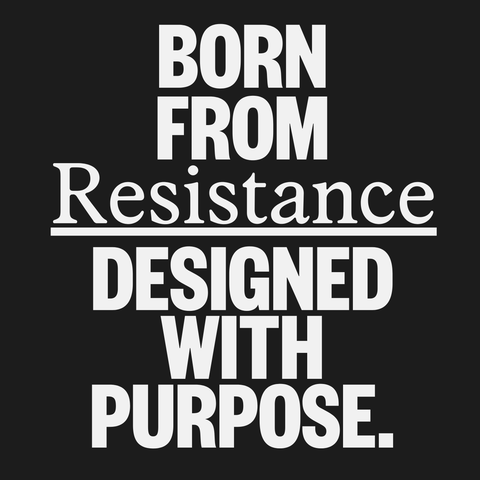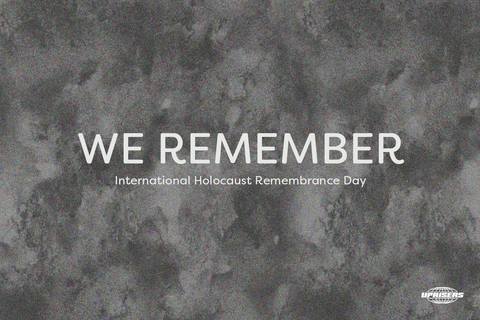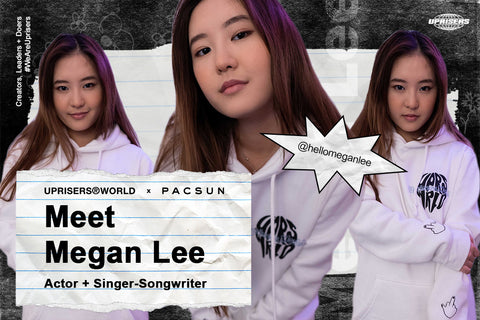In 2009, Karen Korematsu established Fred T. Korematsu Institute to provide programs for young people to learn and become leaders.
"My father spent his life fighting for justice and educating people about the inhumanity of the Japanese American incarceration, so that we would learn from our mistakes."— Karen Korematsu
Is there any part of his work you want to highlight?
He was driven to educate people. That's why he crisscrossed this country after his federal court case was overturned in nineteen eighty three. He didn't want something like the Japanese American incarceration to happen again.
He started receiving all these speaking invitations and determined to try to reach as many people as he could. It was during Desert Storm, the war in the Middle East, when people started making hateful racial remarks against the Arab Americans and Muslim Americans. I mean, he was the first one to be able to speak out to say, you know, you just you can't do this.
This was done during the time of Pearl Harbor. You look like the enemy; therefore, you were guilty. That was the kind of thing that was happening during Desert Storm and then again after 9/11. When the attorney general's office cited my father Supreme Court case as a reason to round up Arab and Muslim Americans and put them in American concentration camps.
He was one of the first to speak out to remind everyone that that's what they did to Japanese Americans in World War Two. And and it wasn't right. And the government can't do this again. He was very sensitive to support all ethnicities. Wherever he was invited, he would go because he felt that this was the only way to make a difference and to make sure people didn't forget about history.
After you established the institute in 2009, were there certain events or moments that inspired you to keep doing the good work?
Well, when we first established the organization, we were focusing on youth leadership program. I wanted to have those kinds of programs for young people where they could learn, learn about community service, about leadership and about participation.
And in 2000, actually, in 2009, there was a judge down in San Diego that talked about trying to establish a day named after my father.
The legislative bill that started in the assembly. I actually testified at an assembly education committee along with Warren (an L.A. Assemblymember), and then he took it to the floor of the assembly and it passed unanimously. And then they took it to the Senate and it passed unanimously. So that's that's how that bill was created.
Focus of the bill is going to be education. That curriculum will be created K to 12 curriculum to teach in the schools.
How did you handle setbacks?
It's determination. You know, my father never gave up hope that someday he would be able to reopen his Supreme Court case. I just have never given up hope that we could do whatever we set out to do. It hasn't been easy. It's always three steps forward and two steps back. But I'm not giving up.
And I, I always have people telling me: "No, Karen, you can't do this, you can't do that." I mean, even when we would become our own nonprofit, I had some other organizations and say: "Well, I know this is not a good idea." My father never listened to anyone. I'm stubborn. And I guess I'm similar in that regard. I just go with my with my gut. Everyone has a decision on life.
Could you tell us more about the reopening of his case in 1983?
When my father reopened up his Supreme Court case in 1983, he took a risk because his own Japanese-American community did not support him at all– that's what I'm talking about in the face of adversity. When he went into jail, he disobeyed the military orders. 30 days later, he was arrested in San Leandro, California. His own community didn't want anything to do with him. Then when was transferred to Topaz, Utah, it was still the same. Our family was not part of the Japanese-American community growing up. And and so when my father's conviction was overturned in court in 1983, he could have very well said, "Well, Japanese-American community you don't want anything to do with me. Why should I have anything to do with you?" But he wasn't like that. It was never bitter. He was never angry. He never blamed anyone. He just had his convictions of right and wrong. It wasn't complicated
"It's all about finding your cause, finding what's meaningful for you. Just find one thing when you feel like you can make a difference. Because when you help others, you help yourself."
If there is a message, whether it's from your father or from you, what would you want to say to not only the young people but all generations?
They can make a difference, they can make a difference. If Fred Korematsu made a difference in the face of adversity, so can they. And that's how we're going to change our country little by little. It's not going to happen fast. It's not going to happen overnight. We're going to have our setbacks, but we need to keep pushing forward. We need to make positive change.
And we need to work in collaboration. We need to work in solidarity with other organizations, with other people to support each other's work, because that's how we're going to create diversity and inclusion in this country.
Before we've always sat back and said, "Oh, yes. Well, there's the Black Lives Matter isn't that kind of nice?" NO, we need to be part of that change of their work. What can we do for our indigenous American Indians who have been having problems on their own reservations and how land has been taken away from them? We need to work with them and to understand them. We need to learn about each other's differences and appreciate them. To agree to disagree, and that's OK. To acknowledge that and respect it.
Learn more at KOREMATSU Institute
Share our infographic @weareuprisers and in collaboration with #HATEISAVIRUS









